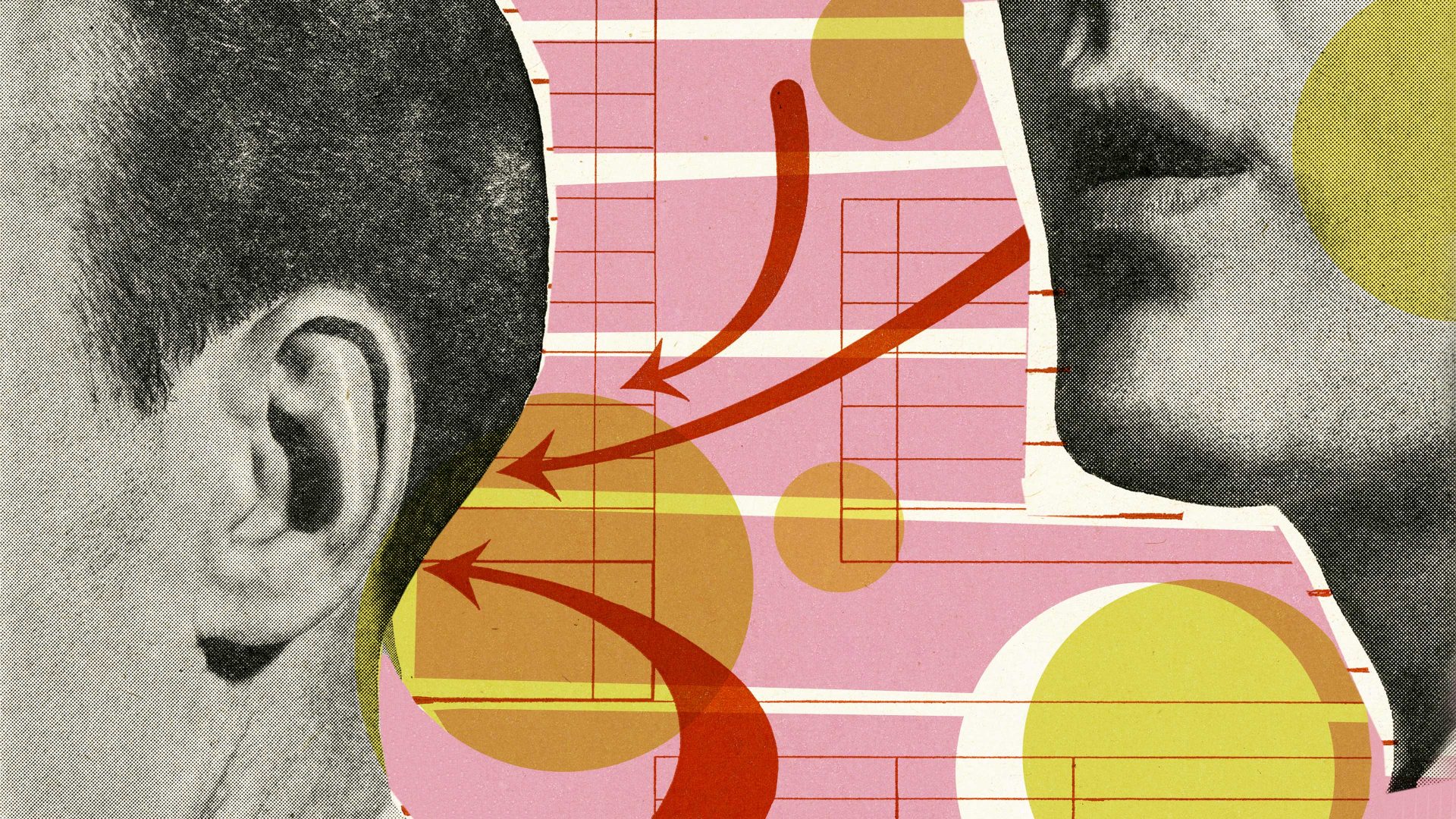On October 1, 1988, Rio Reiser sat down at the piano keyboard and played the opening notes of his song Der Traum ist aus, (The Dream Is Over). Already amazed at how so many in the audience had been singing along, when he picked out the opening notes of Der Traum ist aus the ripple that ran through the crowd felt like more than mere recognition.
Reiser had been a fixture on the West German alternative music scene for almost two decades, mostly with his band Ton Steine Scherben (Sound Stones Shards) but more recently as a solo artist. It was many years since he had played to an audience unfamiliar with his songs but tonight was different, a show like no other. Tonight was his first show in East Germany.
At the soundcheck earlier he’d looked out at the vast, empty Werner-Seelenbinder-Halle that was barely a mile from his old West Berlin apartment but might as well have been on the moon. Much of it was familiar, the draughty dressing rooms, scuffed dancefloor, the musk of old cigarettes, yet somehow this place felt entirely alien.
Glancing up from the keys, he saw the swaying mass of faces, stage lights flashing in their eyes, and detected something different. There was eagerness, sure, the feeling of being part of a tribe, the shared energy between audience and performer. Yet there was something special about this crowd on this night.
When he began to sing, his words washed back to him from that sea of faces. Reiser’s music had never been freely available in East Germany, his albums like those of most western artists effectively proscribed. He could only guess at how these people, 3,000 of them packed into the hangar-sized venue, had heard these songs at all before, let alone known them well enough to sing along. Illicit tuning of radios? Cassettes recorded from cassettes and passed around like contraband?
“Gibt es ein Land auf der Erde, wo der Traum Wirklichkeit ist?” he sang, eyes tightly closed – “is there a land on the Earth where the dream is reality?”.
Then came the song’s climax. “Dieses Land is est nicht,” he roared, and 6,000 voices sang with him – “It is not this land.”
With each repetition, the sound grew louder, more passionate, until Reiser was almost drowned out by the roar that took over the room. That’s when he realised what was different about this night. At Rio Reiser gigs there was always anger and nihilism from the audience, the same emotions that fuelled his songs. That night in East Berlin, barely a year before the fall of the Berlin Wall, he saw something unfamiliar in his audience. He saw hope.
Rio Reiser, protest singer and political activist, was someone who could only have been made in postwar West Germany. The son of a Siemens engineer, his childhood was peripatetic enough to make him the perennial outsider in every town where the family briefly settled and at every school he attended. In music, however, he found a place to belong he could take everywhere. He taught himself the guitar, piano and cello until music eclipsed his formal education entirely.
In the late 1960s, the 17-year-old settled in West Berlin and set up a drama group with his two older brothers who had moved there ahead of him. It was an exciting time to be cocooned in the western enclave as the revolutionary spirit of 1968 swept through the youth of the continent, nowhere more than in West Germany as a new generation emerged, appalled by their parents’ failure to acknowledge the horrors of national socialism.
West Berlin was a hotbed of radicalism famously tolerant of creatives operating outside the mainstream. From that emerged Ton Steine Scherben, a band with a raw, aggressive sound whose righteous anger won a large and loyal following with songs such as Keine Macht Für Niemand (No Power for Anybody) and Der Kampf geht weiter (The Struggle Goes On).
Their first significant public appearance came in 1970 at a festival on the island of Fehmarn, headlined by Jimi Hendrix. Heavy rain and the non-appearance of several acts had made the crowd restless, and when rumours spread of the promoters running off with the money, Reiser ended his band’s anarchic set with Mach kaputt was euch kaputt macht (Break What Breaks You) and left the stage with the exhortation that the organisers needed ramming into the ground.
The crowd burned the place down. It was fair to say that Ton Steine Scherben had arrived.
They built a substantial following playing squats, free festivals and benefit shows, usually without a fee, including the 1972 occupation of a former nurses’ home in Kreuzberg that was renamed the Georg von Rauch Building after a student activist killed in a shootout with police. Reiser wrote the Rauch-Haus-Song, which became an anthem of radicalism notable for its line “Ihr kriegt uns hier nicht raus, das ist unser Haus” (“you can’t get rid of us, this is our house”).
An insistence on performing exclusively in the German language – galvanising for an audience growing up in a world of increasing English linguistic imperialism – combined with a determination to remain outside the mainstream to ensure that, despite being one of the best-known and hardest-working bands in the business, Ton Steine Scherben were always in debt, a situation that led to their demise in 1985.
Reiser launched his solo career with the 1986 single Der König von Deutschland (The King of Germany), a huge hit that brought inevitable accusations of selling out that troubled him deeply. Most of the 1968 generation had found their anti-establishment ire diminishing with age and responsibility. Not so Rio Reiser, who remained convinced that revolution was in the best interests of the people and, as he said in 1995: “has to come in some form. There is no other option. Otherwise the planet will go down the pan and the terrible thing is that we will live to see it”.
Yet disillusioned by what he saw as the missed opportunities of 1989 to capitalise on the hope he’d seen from the stage a year earlier – he felt the former East Germany was railroaded into reunification – by the mid-1990s he was ready to pass the flame on to a new generation.
“Take the crown away from me,” he implored on his last album, 1995’s Himmel und Hölle (Heaven and Hell), in reference to his biggest hit. “Take it back. I cannot lead you because I do not know the way.”
Reiser’s sudden death through illness the following year felt the like the end of something, the last dousing of a fire lit by 1960s radicalism.
In 2022, a square in the Berlin district of Kreuzberg was renamed Rio-Reiser-Platz at a ceremony performed by the German minister of state for culture and media, Claudia Roth, who had managed Ton Steine Scherben during the 1980s.
“With this inauguration, we are celebrating Rio Reiser’s symbolic return home,” she said. But, symbolism or not, Rio Reiser was never at home. Anywhere.




